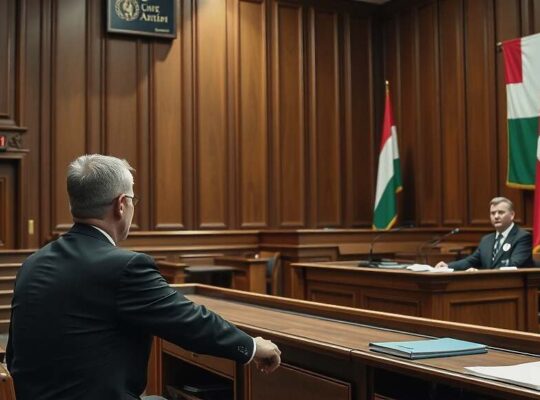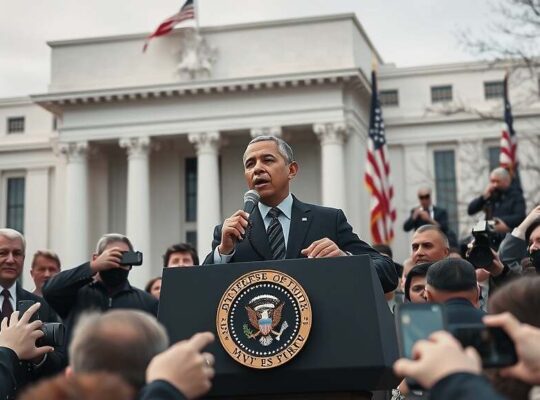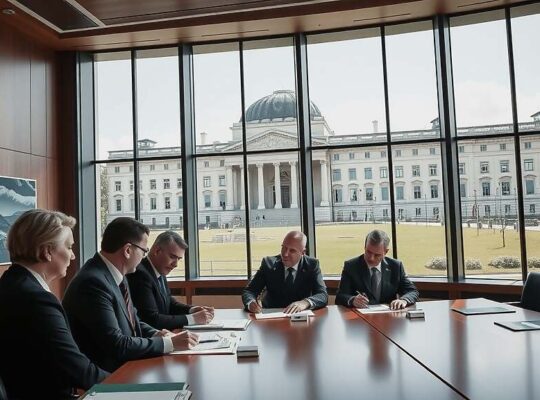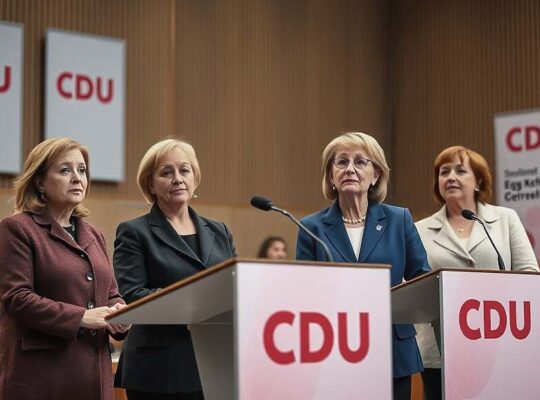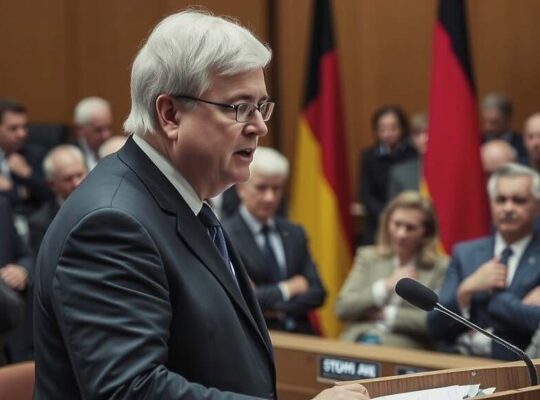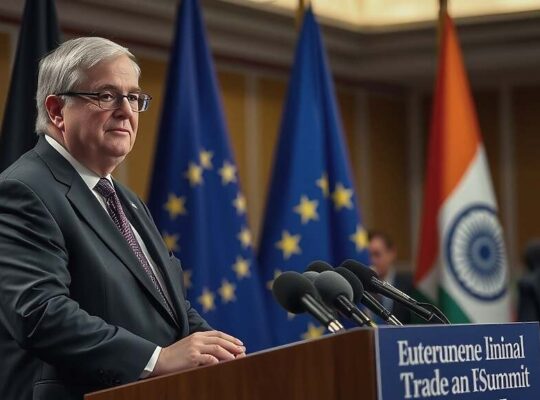A renewed thaw in US-Russia relations appears imminent following an announcement by former President Donald Trump regarding a planned in-person meeting with Russian President Vladimir Putin in Budapest. The announcement, made Thursday following a telephone conversation, signals a potential shift in the geopolitical landscape and raises immediate questions about the implications for the ongoing conflict in Ukraine and broader international stability.
Trump indicated a preparatory meeting is slated for next week, with US Senator Marco Rubio expected to represent the American delegation. The former president characterized the phone call as “productive” citing Putin’s congratulatory remarks regarding perceived progress in brokering peace in the Middle East-a claim that has drawn immediate skepticism from analysts familiar with the intricacies of the region and questions regarding its legitimacy. Putin reportedly framed this alleged breakthrough as a goal pursued “for centuries.
A crucial element of the upcoming discussions, according to Trump, centers on the resumption of trade between the US and Russia. He stated that trade will be re-established once the war in Ukraine concludes. This commitment, if realized, represents a significant easing of sanctions and a potential economic lifeline for Russia, potentially undermining the international pressure intended to compel a negotiated settlement and accountability for actions in Ukraine.
The timing and location of the meeting-Budapest, a country with complicated historical ties to both Russia and the West-have also sparked political scrutiny. Critics argue that such a high-profile meeting, particularly given the context of the war in Ukraine and ongoing concerns about Russia’s destabilizing influence, risks legitimizing Putin’s regime and potentially encouraging further aggression.
The lack of transparency surrounding the discussions – details remain sparse and subject to Trump’s pronouncements – raises serious concerns about whether any agreements reached will align with the interests of US allies and adhere to international legal and ethical standards. A renewed focus on trade and geopolitical realignment, without a clear demonstration of commitment from Russia to abide by international law and address legitimate concerns surrounding its actions in Ukraine, presents a significant risk of undermining the principles of global order.




